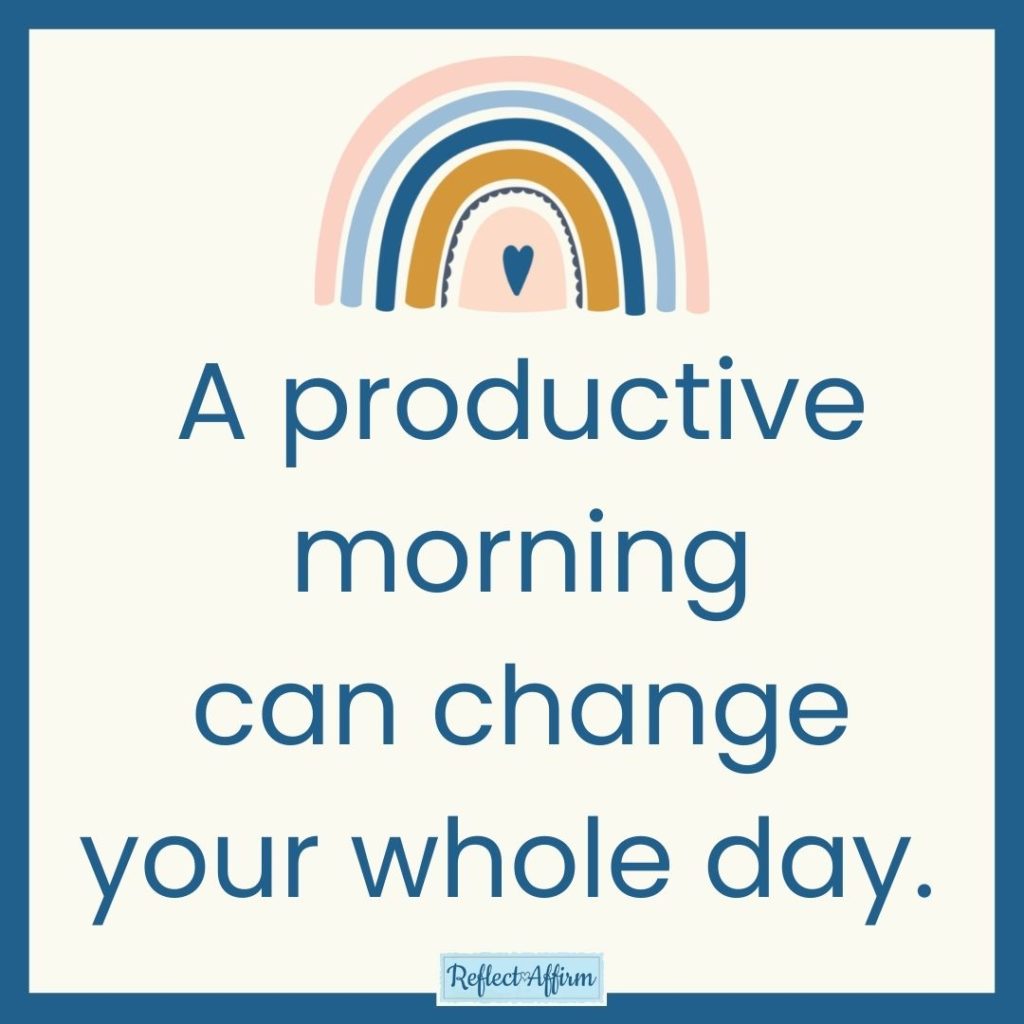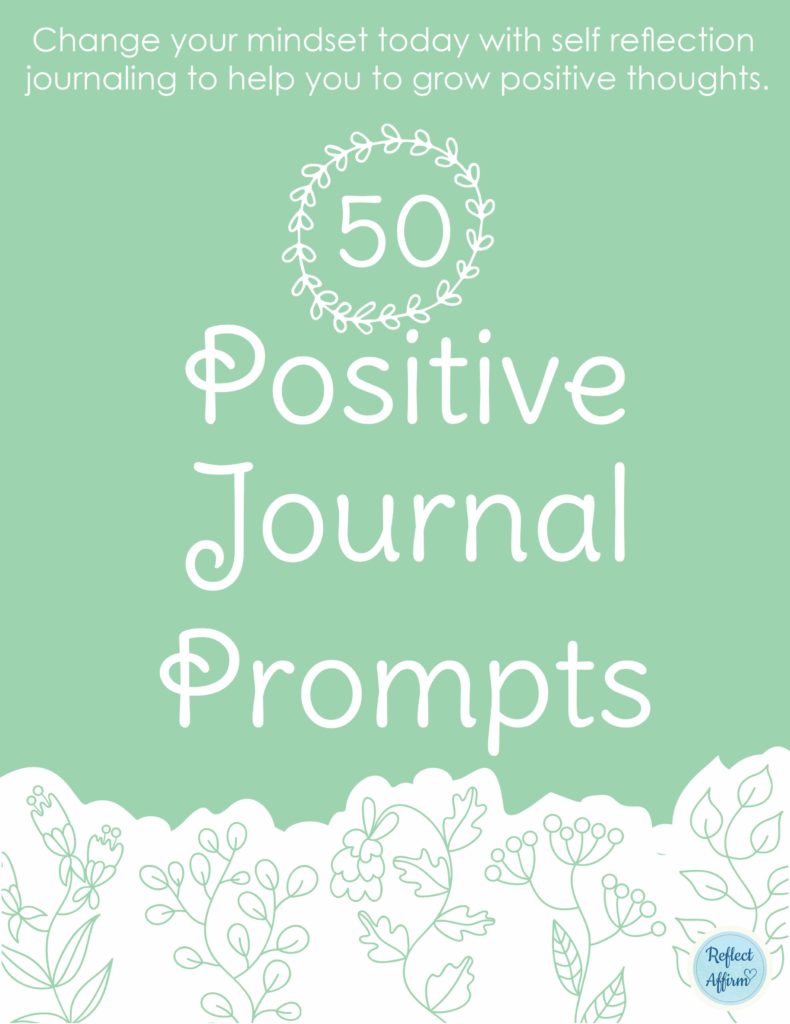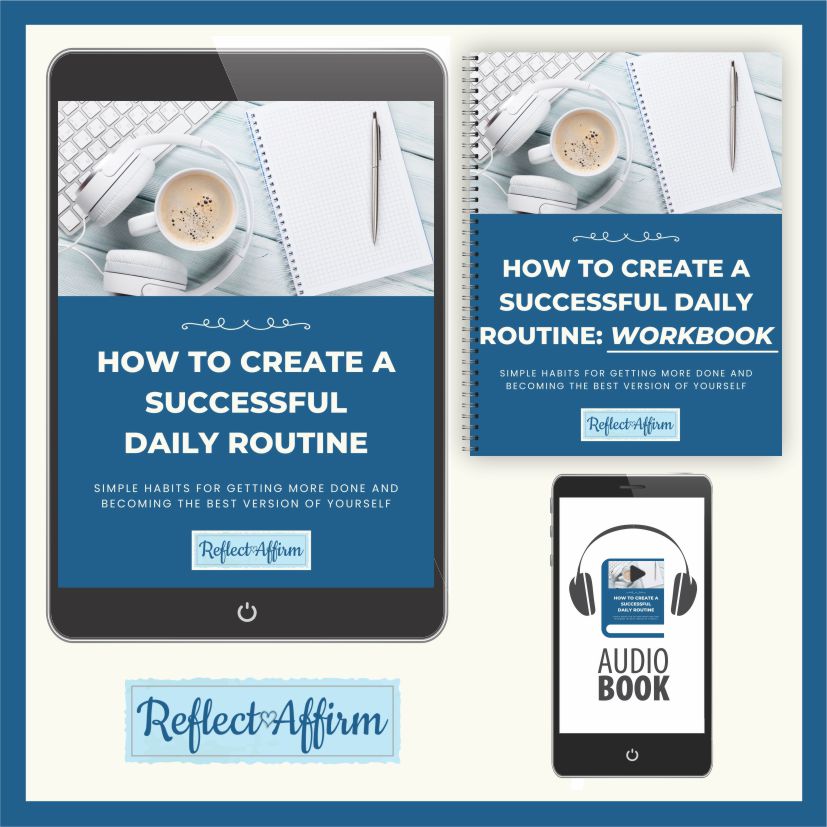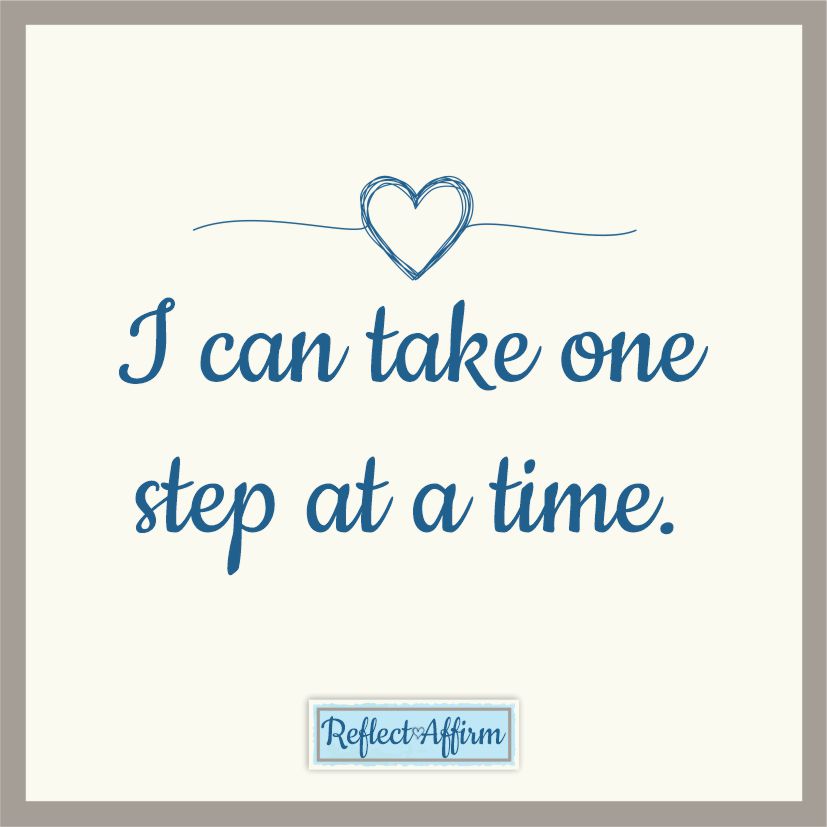
When it comes to sleep cycles, it seems there are two types of people in the world: early birds and night owls. If you’re used to going to bed and getting up late, transforming into an early riser may seem impossible. However, there is evidence to show that it’s possible to change your circadian rhythm and learn how to become a morning person and love it at any stage in your life.
Here is our easy-to-follow guide to becoming a morning person without sacrificing your mood or energy levels!

Why Become A Morning Person?
If you’re a self-professed night owl, you might be wondering why you’d want to be a morning person in the first place.
Although you might be comfortable in your existing routine, science has proven that waking up early is what the human brain is wired to do.
This means that being a morning person is associated with better mental health, improved concentration, and higher energy levels.
Studies have shown that morning people are more likely to be successful in general.
If the idea of rising with (or even before) the sun fills you with dread, you may believe that the above won’t apply to you, but giving our tips a chance might just change your mind!

50 Positive Thinking Journal Prompts
Tips For Becoming A (Happy) Morning Person
Start The Night Before
You can’t just go to sleep at 2 am with the television blaring and expect to wake up feeling refreshed at 6 am.
Waking up easily in the morning starts with doing the right things the night before. That involves practicing proper sleep hygiene.
Avoid eating late in the evening. When you eat, you are fueling your body with energy, so try to move your mealtimes so that you’re not eating after about 7 pm.
Get into bed an hour before you want to go to sleep. If you want to wake up at 6 am, you should aim to fall asleep at 10 pm to get your full 8 hours.
This would mean getting into bed at 9 pm. This hour will give your brain time to unwind. During this time, don’t look at any screens.
Instead, do something relaxing like reading a book or meditating. You should also avoid stimulants like caffeine, alcohol, and nicotine during this window.
If it’s still light outside when you get into bed, make sure that you close your drapes or blinds so that the light doesn’t interfere with your sleep.
Going to bed earlier can take a while to get used to. It might help to gradually make your bedtime earlier instead of jumping straight into your new routine.
Once you’ve adjusted to your optimal bedtime and wake-up time, do your best to keep these consistent. Consistency is key to developing a routine.
Allow Yourself To Wake Up
When your alarm goes off in the morning, you might still feel tired and unmotivated, especially at first.
This is normal, but don’t be tempted to hit snooze!
We recommend giving yourself about 5 minutes to wake up properly rather than jumping straight out of bed.
Rushing in the morning can be a major source of stress and might put you off committing to your new routine.
Instead, simply sit there and take in your surroundings. Try not to think about anything stressful you have to do during the day.
If you’re worried that staying in bed will cause you to fall back asleep, we would suggest stretching, slowly getting up, and mindfully making your bed.
This will help you to resist the temptation to close your eyes and drift off again without forcing yourself to start your day properly straight away.
Let Some Light In
Some morning people like to sleep with their drapes or blinds slightly open to let the natural sunlight wake them up.
However, many people find that this has a negative effect on the quality of their sleep.
When you start becoming a morning person, we suggest sleeping with the curtains closed to ensure you get plenty of good sleep.
However, opening your curtains and letting the light stream in is the first thing you should do when you wake up.
Exposure to natural sunlight will help you to feel more awake and it’s excellent for your mental health, so you’re less likely to feel miserable in the mornings if you do this.

How to Create a Routine for Yourself
Give Yourself An Incentive
It’s a good idea to start your day with something that you enjoy and look forward to.
This doesn’t have to be anything special as long as it gives you an incentive to get out of bed.
It could be having your favorite waffles for breakfast, reading for half an hour, or singing your heart out in the shower.
Whatever makes you feel alive, try to allocate some time for it during your morning routine.
Fuel Your Body

You can use a delicious breakfast as part of step number 4, but it’s so important that it needs its own step.
You can’t expect to feel energized in the morning if you don’t give your body the fuel it needs to start the day, so make sure to enjoy a hearty, balanced breakfast when you wake up.
Incorporate some protein and healthy fats as well as some fruit to get you on your way to your 5-a-day.
Get Moving
Getting some exercise early in the morning is a great way to make you feel more alert by stimulating your mind and body. Exercise also releases serotonin to boost your mood.
Don’t worry, you don’t have to go out and run a 5k every morning. Gentle exercise like yoga or even some light stretching is perfect.
You could even put on a playlist of your favorite songs and dance!
It doesn’t really matter what form of exercise you choose as long as you make time for movement each morning.
Final Thoughts
Altering your circadian rhythm and chronotype might seem like an impossible task, but it’s easier than you think!
By getting serious about sleep hygiene, you can set yourself up for success in the morning.
Giving yourself time to wake up, maximizing your exposure to sunlight, eating a good breakfast, moving your body, and making time in your morning routine for things that you enjoy will help you to love mornings – and yourself!
GET MORE FREE AFFIRMATIONS HERE
View FREE Affirmations here to get started today on building a better you and unlocking your true potential.




